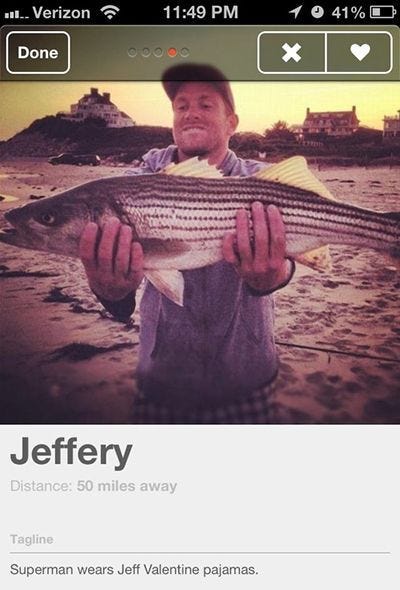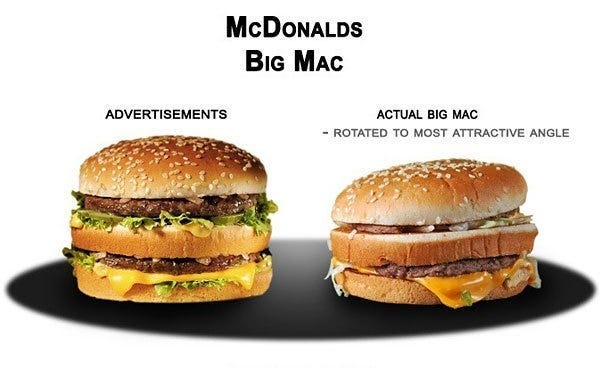According to Wikipedia, Hyperreality is an inability of consciousness to distinguish reality from a simulation of reality, especially in technologically advanced postmodern societies.
When the first Matrix movie came out I wanted to find out a bit more about simulation theory and philosophy, I came across an article which listed Jean Baudrillards 1981 philosophical treatise ‘Simulacra and Simulation’ as one of the stimuli given to Keanu Reeves as preparation for his iconic role.
I bought it, and not understanding a damn thing, stuck it in the toilet, along with the other tragically ironic toilet tomes (Viz, Shit towns, The Bible etc)
A few years passed and I revisited it after learning about semiotics and worrying about social media affects on young people. I also started using dating apps and wanted to appear smarter and more philosophical (oh the irony)
How does Simulacra and Simulation apply to online dating? Well I will attempt to explain using Wikipedia and some post-rationalisation:
“Boudrillard posits that current society has replaced all reality and meaning with symbols and signs, and that human experience is a simulation of reality.”
Take Tinder for example, none of it is real, let me explain:
The images of people are a better version (copy) of them, heavily edited to appear much more attractive, their profile is augmented to make them appear smarter, popular and funny, even the age and height are sometimes ‘adjusted’. Their Instagram feed, if linked to their profile, contains a version of their life which is heavily censored and using filters (digital plastic surgery) it offers a hyperreal version (copy) of them. Its the best version of them, one that they will never live up to. A fantasy version which they use to attract a potential mate. Its what I call ‘Digital Peacocking’
What is peacocking? the Canadian-Lebanese evolutionary psychologist Gaad Saad introduced the following theory:
“Across most sexually reproducing species, males compete so that they can garner sexual access to females. These sexual signals evolve through the mechanism of sexual selection. The classic example is the peacock’s tail, which could not have evolved via natural selection since it decreases the peacock’s survival prospects. Having a very large ostentatious tail makes you more visible to predators and makes it more difficult for you to escape predators. So why would peacocks have evolved such big tails? To answer this question, you have to delve into a mechanism known as sexual selection.
Sexual selection is the evolutionary process that results in a mating advantage. In other words, peacocks evolved their big tails because these served as honest signals, as advertisements to females: “Hey, choose me, I’m the top male. Look, I have this very big tail, that’s very costly, that’s very dangerous for me to have and yet I’m still here, I must be a top genetic specimen.” …so the Ferrari is the human equivalent of the peacock’s tail.”
( Evolutionary Psychology: An Interview with Gad Saad by Grégoire Canlorbe)
So in layman's terms, men need to appear special, successful and in the top drawer of potential matches. Well most guys don’t have a Ferrari or a huge colourful tail. They have Photoshop/Facetune and a thick layer of bullshit.
TL;DR: Men create a digital plumage which they can waft at potential mates.
Catching a bigger fish
My female friends have constantly complained about men on dating apps uploading photos of themselves holding large fish that they have supposedly ‘caught’.
This led me to consider fishing as an analogy for dating:
Men create a false reality as digital bait, so can they * actually * catch a bigger fish.
Women, conversely use makeup, padded bras, spanx, jewellery and other techniques such as fake tan and minor plastic surgery (tweakments) to create a copy of themselves which is more attractive to that top drawer of guys. In the first instance this is entirely done digitally using a smartphone and some apps. They are becoming a better * catch *.
Reality bites
The difference between social media, reality television and dating is the first two are forever hyperreal, you will never see the imperfections, or meet the actual ‘real’ version of anything, they exist in popular culture as a copy with no original. The issue with dating is at some point you are actually going to have to physically meet, for real, in real time. This is where the issue lies:
Online dating is a bit like going to Disneyland. Nothing is real, it is merely a walled garden of hyperreality. So are you really choosing the right person?
‘Real’ Food
We choose fast food based on the same visual trickery as online dating. The meat itself is sometimes not even ‘real’, its horrifically farmed, flash-frozen and then sometimes artificially coloured and flavoured. Even the grill marks are fake. The cheese is not real cheese, its plastic-looking ‘cheesy substance’ that’s made from cheese and other ingredients. It contains only 60% cheese and 40% fillers (Milk, cream, water, cheese culture, sodium citrate, salt (2% or less), citric acid, sodium phosphate, sorbic acid (preservative), lactic acid, acetic acid, enzymes, sodium pyrophosphate, natural flavour, colour, and soy lecithin) Its not even legally allowed to be called cheese in France. Or even ‘fromage’. In fact, ‘le big mac’ uses actual real cheese.
Do Androids dream of electric cheese?
Hyperreality is explored in the movie ‘Total Recall’ (the 1990 original, not the Colin Farrell nonsense). The original short story the film was based on ‘We Can Remember It for You Wholesale’ by Philip K. Dick, explores reality, false memory, and ‘real’ memory. In the movie, the protagonist is dreaming about Mars (not the chocolate bar) and visits a company that can implant a new false memory of him becoming a secret agent. The procedure goes horribly wrong when it turns out he actually IS a secret agent. Hilarity ensues by way of some pretty awesome old school special effects and some Sharon Stone karate.
This is essentially the next issue with hyperreality. The entire concept of ‘reality’ is totally up for grabs due to a little thing called simulation theory. Elon Musk thinks we could be living in a simulation (where really ugly generic-looking electric cars are sold, to finance a trip to colonise Mars). This humble writers view is that we are inside a simulation/game, where the inhabitants of earth use up all of the planets natural resources, and then move to the next planet, like alien parasites. Social media is used to augment this ‘reality’, bending the rules by creating a ‘post-truth reality’. As all the idiots argue about whether we actually ever landed on the moon (the footage, a wonderful example of such hyperreality, that is considered fake), or whether the earth is flat (an example of humans rejecting reality as its too unbelievable). For me, the entire concept of ‘Elon Musk’ is a bit unbelievable, and the current conspiracy theory of him being an alien is pretty solid.
Alcohol
Everyone is better-looking after a few drinks. Why?
Alcohol creates a hyper reality where almost everything seems better than it actually is. If life is a simulation (game) then alcohol is a power-up. Our alien overlords invented alcohol to shake up the status quo and pacify the proletariat.
Ok lets wrap this up
Online dating is not real. Its a digital simulation of an analogue process. Swipe at your peril, don't trust the photos, question the profile, and try to get some analogue reality (phone call, fax, letter by carrier pigeon) to offset the fake reality that digital technology affords you. Go to the pub, flirt and try to meet someone lovely, under the influence of alcohol, which itself creates a false, hyper reality.
Good luck x





